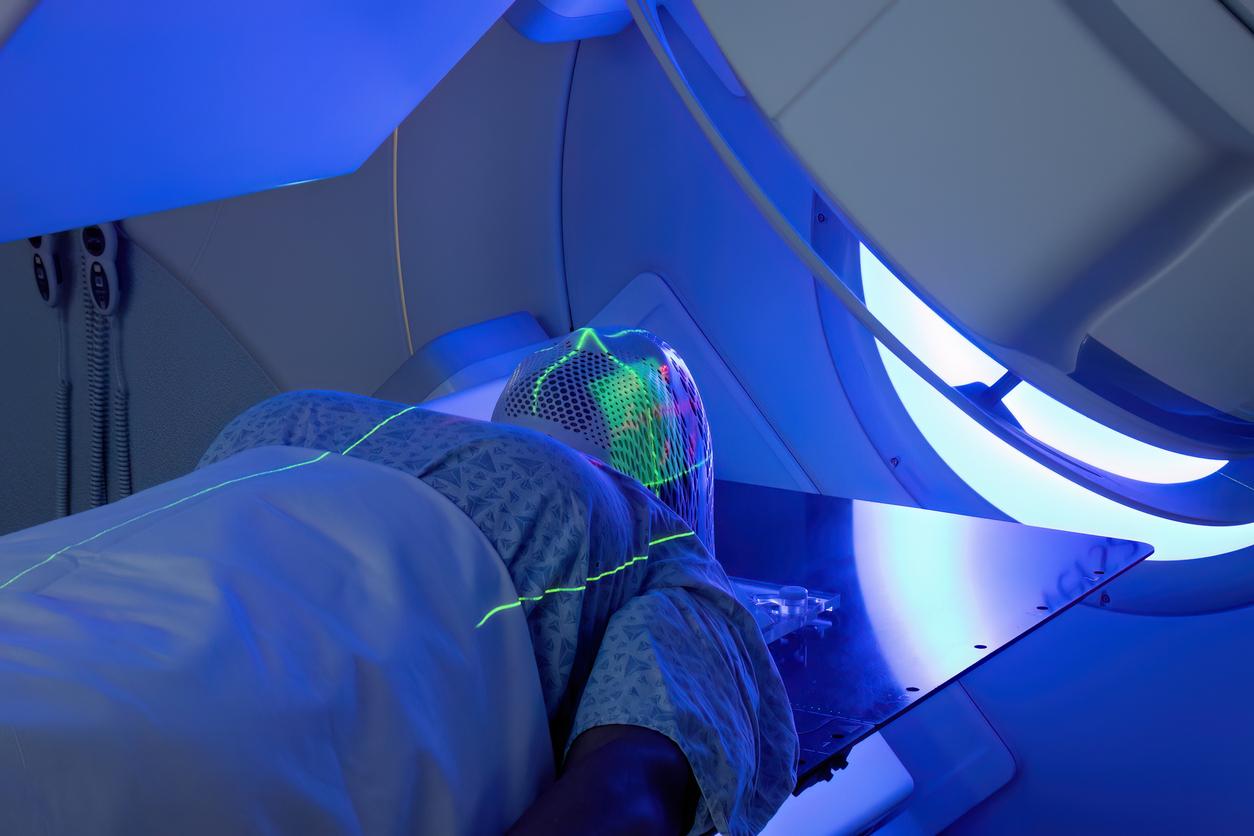Consumption of fructose, a sugar omnipresent in ultra-processed foods, could increase the growth rate of certain cancers, according to a study conducted in the United States.

- Fructose does not directly feed tumors: the liver transforms it into specific lipids, used by cancer cells to grow.
- These discoveries, tested on animal models, open the way to treatments targeting liver metabolism rather than the tumors themselves.
- Faced with the omnipresence of fructose in processed foods, reducing its consumption could become a preventive strategy, while awaiting new therapeutic advances.
Consumption of fructose, a sugar naturally found in fruits but also added to most ultra-processed foods, has exploded in recent decades. In particular, high fructose corn syrup, which contains between 55% and 90%, is at issue. And it is not without consequences on health: a new study carried out by Washington University in Saint-Louis (United States) reveals a worrying link between this sugar and the progression of certain cancers.
The liver, an unwitting accomplice to tumors
As part of their work, published in Natureresearchers first measured the effects of a high-fructose diet on animal models of cancer, including the speed at which their tumors grew. They found that adding the sugar promoted tumor growth without changing body weight, fasting glucose or fasting insulin levels. “We were surprised to see that in some cases the tumor growth rate doubled or even more,” note the scientists in a press release.
But fructose is not the direct enemy: it is the liver which plays a key role. Contrary to what researchers expected, cancer cells do not use fructose directly to grow. The team discovered that the liver converts fructose into specific nutrients, lysophosphatidylcholines (LPCs), which tumors use to grow. These lipids, soluble in the blood, serve as “bricks” to build the cellular membranes of cancer cells, essential for their proliferation.
“Cancer cells often prefer to ‘borrow’ lipids from their environment rather than making them themselves”summarize the researchers. This mechanism, observed in animal models suffering from melanoma, breast and cervical cancer, could apply to many types of cancer. “They all follow the same mechanism.”
What are the implications for the fight against cancer?
The authors see this discovery as a double opportunity: raising awareness of the impact of fructose on health and developing innovative treatments. “We could target not cancer cells directly, but healthy cells that feed tumors”they explain. This approach, successfully tested on mice, could open the way to new treatments and even clinical trials.
In the meantime, the message is clear: limiting fructose in your diet could be a preventative strategy, particularly for people with cancer. But, as the researchers point out, “It’s easier said than done”, it is so omnipresent on supermarket shelves, especially in the United States but also in France. “Almost everything contains it. It’s not just sweets and cakes, but also foods like sauces, salad dressing and ketchup. Unless you’re actively trying to avoid it, fructose is probably part of your diet. food.”


















